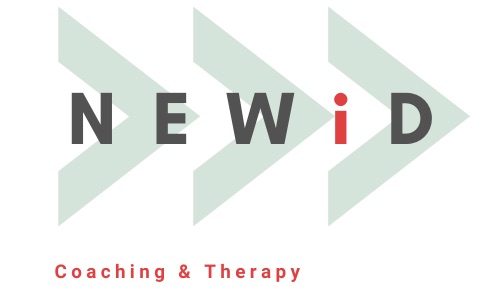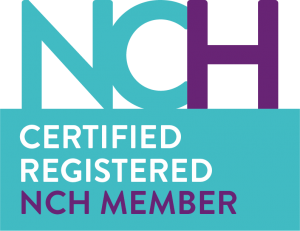
NEW iDeas
Welcome to my blog page. Here you will find articles which might help you gain a fresh or new perspective on things that matter.
Nurturing our minds, one step at a time
It’s Mental Health Awareness Week (May 13th – 19th) and this year’s theme is around the benefits of movement for mental health.
Moving our bodies releases endorphins, those feel good chemicals that can lift our mood and reduce stress and anxiety. It’s like giving ourselves a natural boost of positivity, one step at a time.

Do I have a fear or a phobia?
Picture the scene, a family of cave men women and children are happily sitting around the fire when suddenly they hear a noise outside. Immediately their hearts start racing to increase oxygen around their body and they no longer feel like eating because their digestion stops so the body can deal with the threat. They are primed to fight or flee.
Everything they experience is a normal human reaction – an emotional and physical response to a perceived threat. This reaction is triggered in the primitive brain, which was the one of the first parts of the brain to evolve in order to ensure survival in hostile and threatening environments, e.g. being cautious of sabre tooth tigers! Many fears are therefore an evolved response and a normal and common-sense reaction like being startled by a loud noise which might indicate danger. They are useful and appropriate to the situation.
A phobia is an extreme fear which is usually out of proportion to the situation. It can lead to avoidance behaviour and can sometimes interfere with normal life. Phobias are not like a rational fear. For example, none of us would be too happy if our loved ones decided to walk on a busy road because we would be afraid of the consequences.
However, someone with a flying phobia would likely be fine with loved ones jetting off on holiday. A fear of loved ones walking on the a busy road makes perfect sense. Why? Because it sits in our primitive brain as a survival memory where it is filed away alongside all our other survival files. But when we happily wave our loved ones off at the airport the primitive mind is confused because it is different to the other rational files such as not to walk on a busy road. This incongruity leads to the brain not being able to file it away with all the other ones and therefore it stays in the ‘in-tray’ requiring attention. Any attempts to move it to the intellectual mind (neocortex) by trying to be rational about it, e.g. “You have more chance of being struck by lightening than having a plane crash”, are futile because this part of the brain sees the fear that accompanies this and rejects it. As it has no ‘home’ to go to, it keeps sending us messages to remind us that it is there. This results in hyper-vigilance, intrusive thoughts and all the feelings and behaviours that come with having a phobia.
If you would like to find out more and discuss how hypnotherapy can help with overcoming a phobia, please get in touch with NEWiD Therapy and Coaching on 07522 836800.




